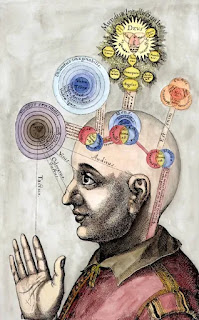Dear faithful supporter:
Thank you for your financial contribution over the past year. I am deeply grateful for your concrete expression of support for my work with Global Scholars Canada. More than that, I appreciate your prayers for my international academic ministry.
Please consider making a donation at year's end so that I may continue this work. Your contribution provides:
a small salary to top up my private and public pensions,
equipment and incidentals related to my work, and
funding for travel, which I hope will resume once the pandemic is over.
Canadians and others may donate here: http://www.globalscholarscanada.ca/give/.
Once you are in this webpage, please scroll down to the purple bar labelled DONATION DETAILS. Under “Fund” find the name of the scholar you wish to support.
Americans can donate via this site: https://global-scholars.org/donations/give-to-a-fellow/.
Under “Select a Professor” you may “- Select a Professor-” from the list provided.
Up until 31 December 2021, an anonymous donor will match every dollar raised over and above last year's funds up to $8,000. If a particular donor gave $200 last year, what counts this year for purposes of matching is what he or she gives above the $200 amount. All new donations from people who have not previously given count towards the total. This means that if someone gave $500 last year and gives $800 this year, $300 of that will be matched by the donor. A new donor who gives $1,000 this year will in effect be giving $2,000 in total.
Thank you once again for your support, and may God bless you.
Yours,
David Koyzis










































